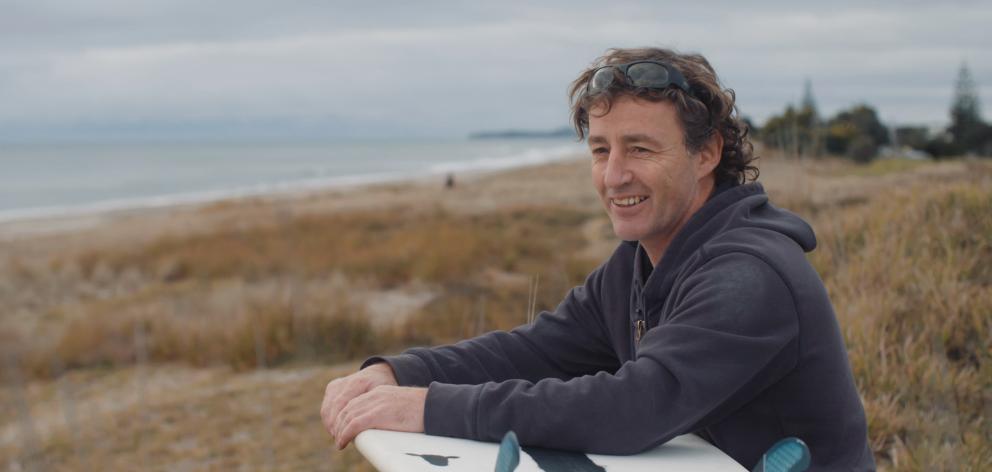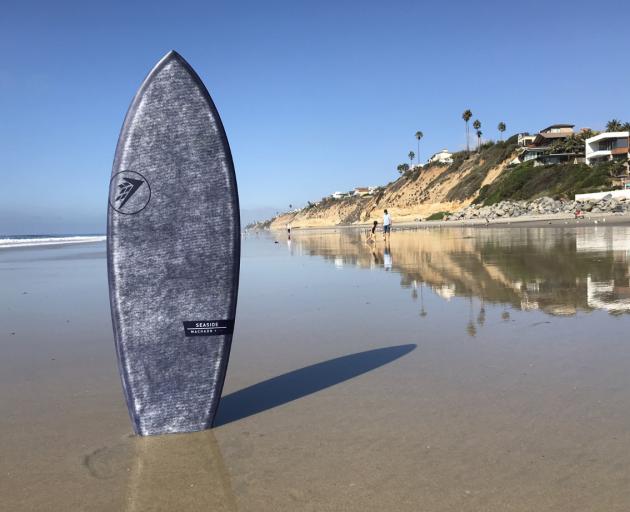
But that is set to change with the development of new wool composite technology which has been developed to create the world's first wool surfboard.
Tauranga surfboard maker Paul Barron teamed up with the New Zealand Merino Company to develop the technology, and US-based Firewire Surfboards, which designs and manufactures the Woolight range of surfboards.
The cloth replaced traditional fibreglass, providing strength and flex characteristics Mr Barron says rivals traditional boards.
NZ Merino chief executive John Brakenridge believed the wool composite technology was the ''tip of the iceberg''.
In a statement, Mr Brakenridge said it had the potential to replace fibreglass in many other products such as boats, aircraft and furniture.

Mr Barron, who was based in Christchurch for many years but has moved to the Bay of Plenty, came up with the idea when he spilt resin on his woollen jersey.
He decided to build a surfboard shell out of wool. Traditional foam boards were typically housed in resin and fibreglass for structural integrity.
''With this technology, we can produce a surfboard that has the potential to outperform traditional boards.
''Basically you grow a sheep, shear it, wash the wool twice in water and make a material that is light, flexible, durable and fast,'' he said.
Pamu Farms of New Zealand (Landcorp) would supply the bulk of the wool being used in the Woolight surf board.
Firewire chief executive Mark Price was in New Zealand this week to meet Mr Barron and visit Pamu farms.
Mr Price, along with surfing legend Kelly Slater, who is a co-owner of the California-based company, wanted to steer the company to zero-landfill by 2020, and saw wool as a component in that process.
Pamu chief executive Steve Carden said wool had ''often been the poor cousin'' of the agricultural sector in recent years, with a volatile global market, but innovation like the Woolight surfboard would help change that.
The Woolight range would go on sale in New Zealand around April-May next year.













